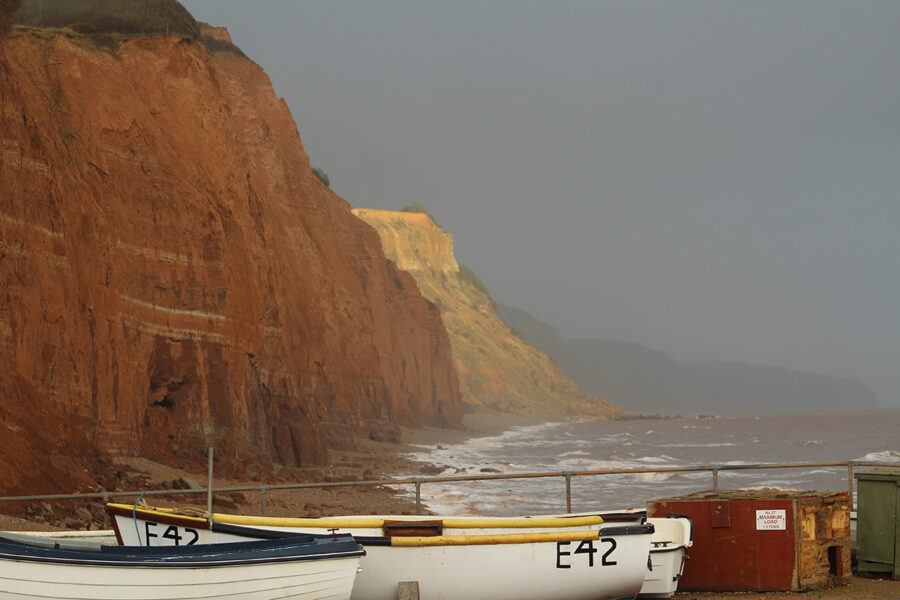Repeated warnings were ignored, and fishermen’s concerns were not listened to
By Jerry Percy and Sarah Ready of the New Under Ten Fishermen’s Association
The lack of independent testing prior to the national roll-out of the iVMS programme is yet another example of the need for an independent regulator to regulate those who regulate the fishing industry.
NUTFA has written to the MMO repeatedly for the last four years about the need for a full procurement process for provision of equipment that needs to work perfectly if a fishing vessel is to be able to go to sea to make a living.
Following a complaint to the Cabinet Office Procurement Panel, calling for a review of the way in which the MMO was implementing the tendering process for the iVMS units, it became very clear early on that there was to be little in the way of due diligence on the proposed suppliers.
Testing of equipment many months after it had been installed across the English fleet was very much ‘operation stable door’ as far as NUTFA was concerned. We had asked the MMO to undertake this testing, as a minimum, before any units were approved for installation.
In addition to lengthy correspondence, we met with officials in late 2021 setting out very clearly our concerns about the type approval process, and requesting a delay of implementation, particularly for the smaller classes of vessel, until the position was clarified.
The delay for smaller vessels was not just in relation to our concerns about the flawed type approval process, but because of the unreliability of iVMS close to shore, where signal is often lost due to cliffs or other obstructions. Sussex IFCA produced a document in February 2020 suggesting a derogation for the first half a mile from shore as a direct result of this practical problem.
Our concerns included a referral to the Defra audit office, correspondence with the Cabinet Office and with several ministers, and repeated requests to the MMO and Defra to mend the error of their ways in an approval process that involved no independent testing, and no actual testing of the units at sea.
Fishermen have made alterations to their vessels in order to accommodate their chosen iVMS unit, and have taken time off from sea to enable iVMS installation. Fishermen relied on the type approval – an approval given with nothing in the way of due diligence or testing at sea.
We are aware, through our correspondence with many fishermen, of difficulties with performance of iVMS units that continue to be on the ‘approved’ list, particularly in cases where units are not broadcasting position data, but have not alerted fishermen onboard to this fact.
The type approval route was conceived to save the staff time and funding costs that a full procurement exercise would have entailed and, we feel, to place the onus for successful operation of the units on fishermen themselves. Many felt they had no option but to install units, due to a funding policy designed to reward early adoption and, in effect, force fishermen to act as guinea pigs for the MMO.
Meanwhile, regulators in Northern Ireland and Scotland have wisely sat back and waited to see what would happen, safe in the knowledge that the date of the statutory instrument making iVMS mandatory would be postponed when the inevitable difficulties appeared.
NUTFA could not have done more than it has to highlight the failures of the MMO in respect of the iVMS policy management over the last few years. Failure to listen to our concerns, which have ultimately proven to be correct, has led to the waste of many hundreds of thousands of pounds from the public purse and, more pertinently, from funds earmarked to support the fishing industry in other ways.
We have called for accountability on this issue for many years and take no pleasure in saying ‘I told you so’, due to the vast impact that is now unfolding to the detriment of the inshore fishermen in England, who have done no more than follow guidance given to them by ministers, Defra and the MMO.
We hope that genuine lessons will be learned from this fiasco, and that a new approach to this and related issues, such as the roll-out of REM, can be developed – one in which representatives of the inshore fleet can play a meaningful role, and where their expertise and experience will genuinely be listened to.
This story was taken from the latest issue of Fishing News. For more up-to-date and in-depth reports on the UK and Irish commercial fishing sector, subscribe to Fishing News here or buy the latest single issue for just £3.30 here.
Sign up to Fishing News’ FREE e-newsletter here.








